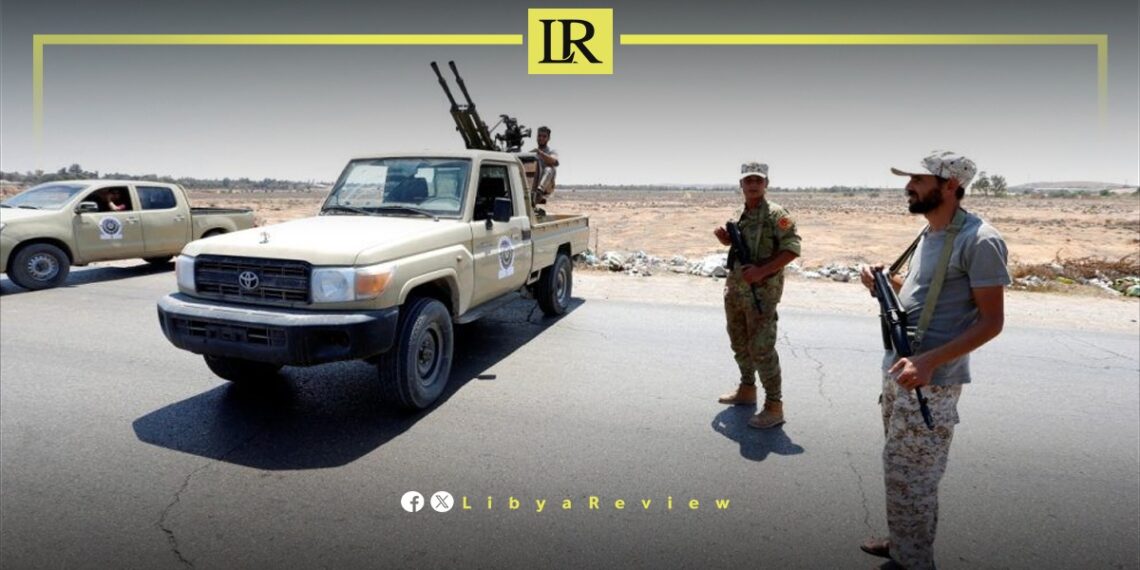Libya’s security landscape has once again become a primary concern as the country faces a renewed risk of sliding back into widespread violence. This development threatens to reverse significant political, social, and security gains made in recent periods. The situation has been described by both local and international observers as increasingly fragile.
A focal point of the unrest is the continued closure of the Ras Ajdir border crossing with Tunisia, which has been under militia control since March 19. This situation underscores the Libyan government’s struggles in reasserting control and stabilizing critical infrastructure.
Nasr al-Din al-Fizani, Libya’s Minister of Tourism and a member of the Government of National Unity, expressed grave concerns regarding the current state of security. He emphasized that any lapse could potentially reset the nation’s progress to a tumultuous past. Al-Fizani also highlighted the enduring negative perceptions of Libya as a conflict-ridden and chaotic state, a stigma that remains entrenched globally.
Recent weeks have seen a worrying uptick in violence, particularly in the capital, Tripoli, where armed clashes on April 11 prompted urgent calls for restraint from international bodies including the United Nations Support Mission in Libya (UNSMIL). These clashes have not only threatened the lives of civilians but have also posed severe risks to the overall security landscape.
UNSMIL has been vocal about its concerns, condemning the recurrent use of violence as a means to settle disputes. The mission stressed the need for accountability and reiterated the importance of moving forward with elections to establish legitimate governance capable of restoring order and supporting the rule of law.
The instability has had broader implications, influencing international perspectives and travel advisories. Following the recent clashes, the British Foreign, Commonwealth, and Development Office issued a stern warning against all travel to Libya, citing the unpredictable and rapidly deteriorating security conditions. The advisory reflects fears that the ongoing violence could lead to sudden and severe clashes, significantly impacting air travel and safety within the region.
As Libya confronts these renewed challenges, the path ahead remains uncertain. The international community continues to watch closely, hoping that effective measures can be implemented to steer the country away from the brink of renewed chaos. The situation calls for a concerted effort to stabilize the nation, safeguarding the fragile gains achieved and paving the way for a peaceful and prosperous future.
This critical juncture in Libya’s history poses the question: Can the nation overcome its longstanding issues of instability, or is it sliding back into the depths of turmoil? The answer will depend largely on the ability of both local leaders and international partners to navigate this complex and volatile landscape.


